Filter on
human behavior research categories

Who is the best product representative?
We all have our favorite celebrities, then there are those we love to hate. Who would you want to pay to represent your product or brand?

Measuring flow
Real time measurement techniques like FaceReader might be the key to measuring flow in real-time.

Let children design their own playground
The impact of playing outside on the social, motor and emotional development of children and their learning ability is immense. What makes the best playground, according to children?

Emotion analysis can be beneficial to researchers in decision making
David Schindler and colleagues developed a software, µCap (muCap), which is capable of creating a link between video footage and phases of the experiment, suitable for automated analysis in FaceReader.

Shopping behavior analysis- improving the shopping experience at airports
The retail industry is currently booming in some regions, and with travel such an important part of modern life, so is the retail industry at airports. Learn more about consumer buying behavior by reading this blog post.
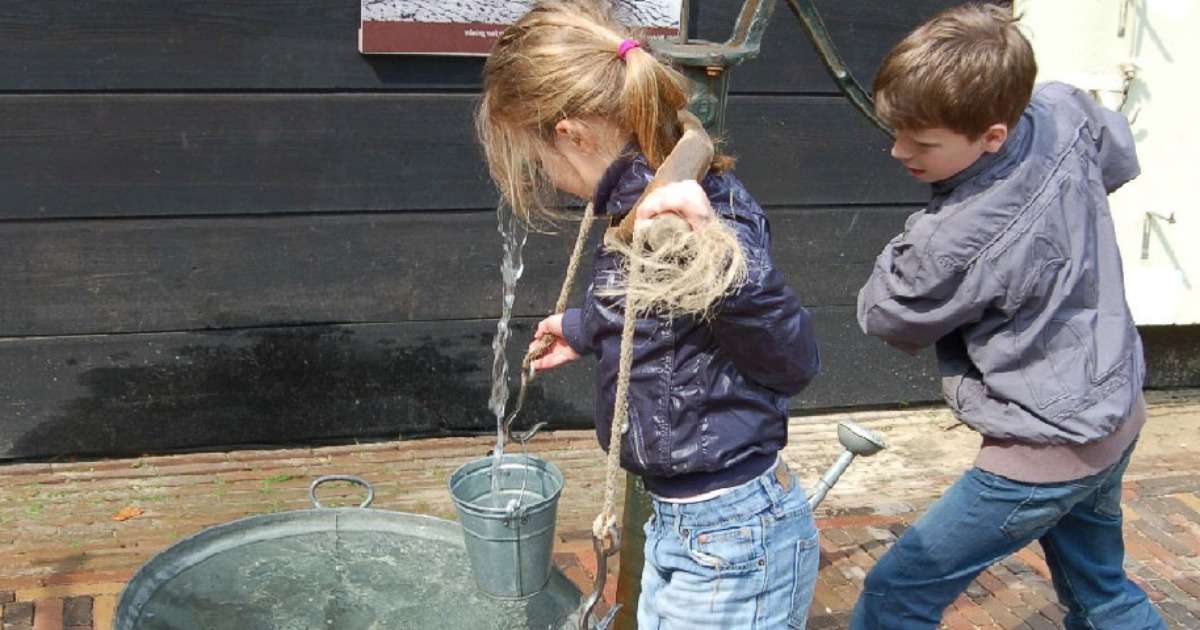
What, Why and How to learn in a museum
Although children can learn a great deal on their own, conversations with parents have a big influence on the content, recall and transfer of what they learn.

Mealtime difficulties can lead to bad nutrition in nursing homes
People with dementia often experience life from moment-to-moment, which leads researchers to argue that they benefit from a person-centered approach.

Consumer research – what determines food satisfaction?
In a recent study, Barbara Andersen and Grethe Hyldig from the National Food Institute of Denmark zoomed in on food satisfaction from a consumer perspective.

Positive Behavior Support: Good behavior can be learned
With the observed increase in pediatric obesity in recent years, a child’s family, particularly his parents, may influence eating behavior, diet, and physical activity through their parenting and food choices.

Examples of infant behavior research experiments
In infancy you can observe an explosive growth. A lot of researchers focus on this age group and observe parent-infant dyads to get more insight in specific behaviors.
Filter on
animal behavior research categories

What a horse likes to eat: how to test dietary preferences
Redgate and colleagues looked into the addition of a monadic phase (a phase in which only one food was offered at a time instead of all of the options) to choice testing.
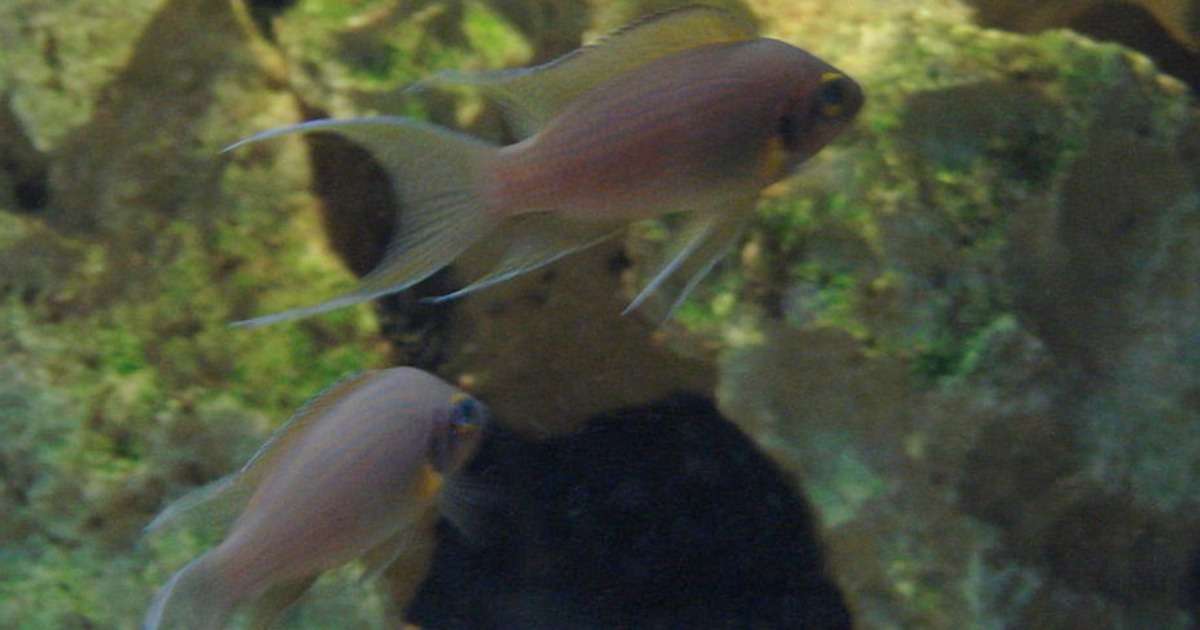
The accuracy of measuring fish aggression by using mirror tests
To examine the response of cichlids to their mirror image, Balzarini et al. used three sympatric species from Lake Tanganyika and did the mirror test for measuring aggression.

The relationship between food scarcity and caching in fox squirrels
We’ve all seen squirrels carrying acorns around in their mouths and burying them in the ground. This is a way to hoard food, and most squirrels use a strategy called scatter-hoarding.

How wild cavies and domesticated guinea pigs differ
Domestication has a considerable effect on the behavior of animals. The dramatic change in their environment and provision of food alter the need for behaviors such as exploration. But what exactly is the difference?

The impact of visitor access in a shelter on the welfare of shelter dogs
If you’ve ever been to a shelter to adopt a dog, you know that when you walk into the holding area, the dogs can get very noisy.
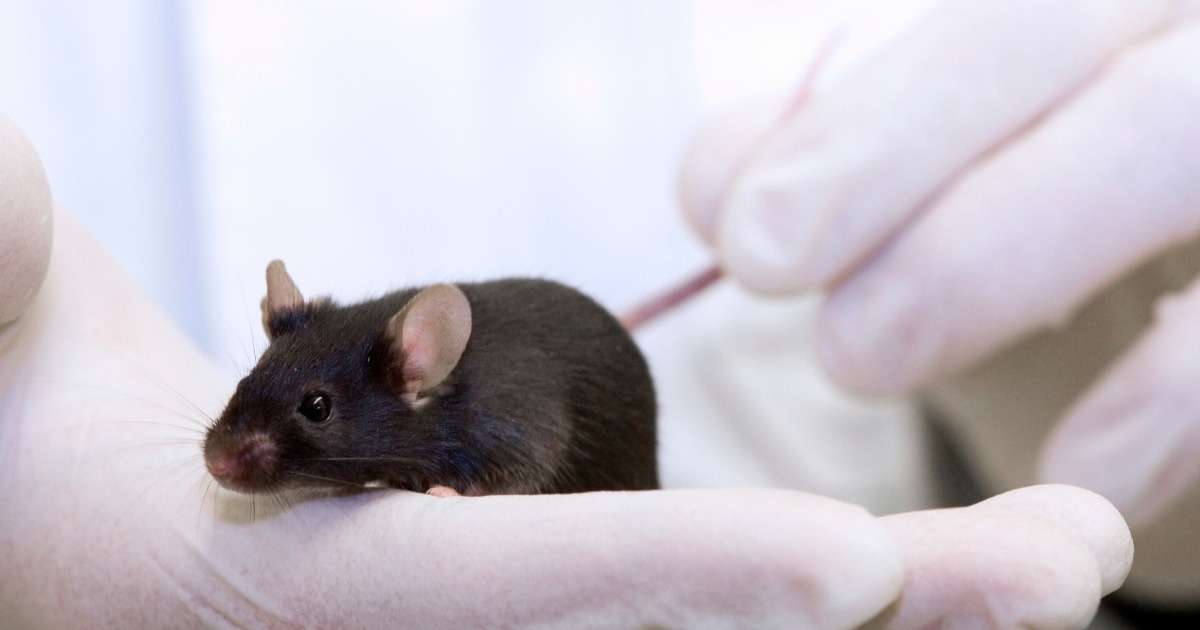
How an internal clock gene can alter innate behaviors in mice
Some might argue that laboratory mice are not the same as wild mice, yet they remain capable of performing the innate, routine behaviors necessary to survive in natural environments, such as courtship and nest-building,

Interspecific aggression: spotted dolphins vs. bottlenose dolphins
In the animal kingdom, competition is a part of life. Dominance hierarchies are common both within a group in a species (intergroup) or between two different species (interspecific).
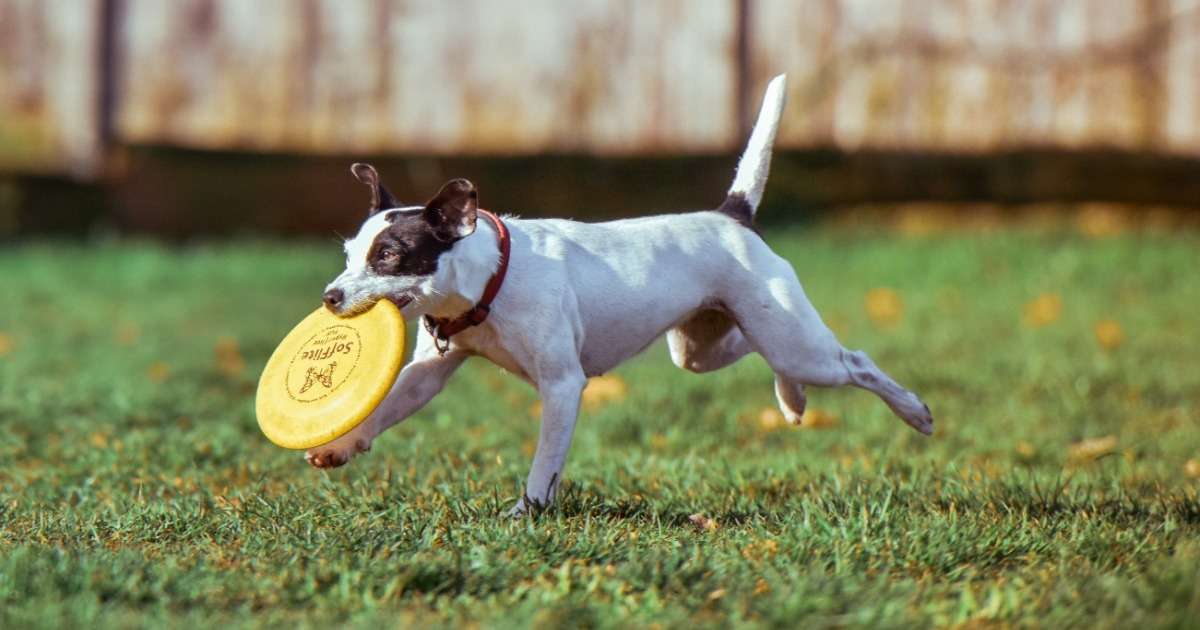
The welfare of therapy dogs
Dogs have been used with adult substance abuse patients in animal-assisted interventions (AAIs) and animal-assisted therapy (AAT). Why use dogs in therapy? The impact of animal-assisted therapy on the dogs.
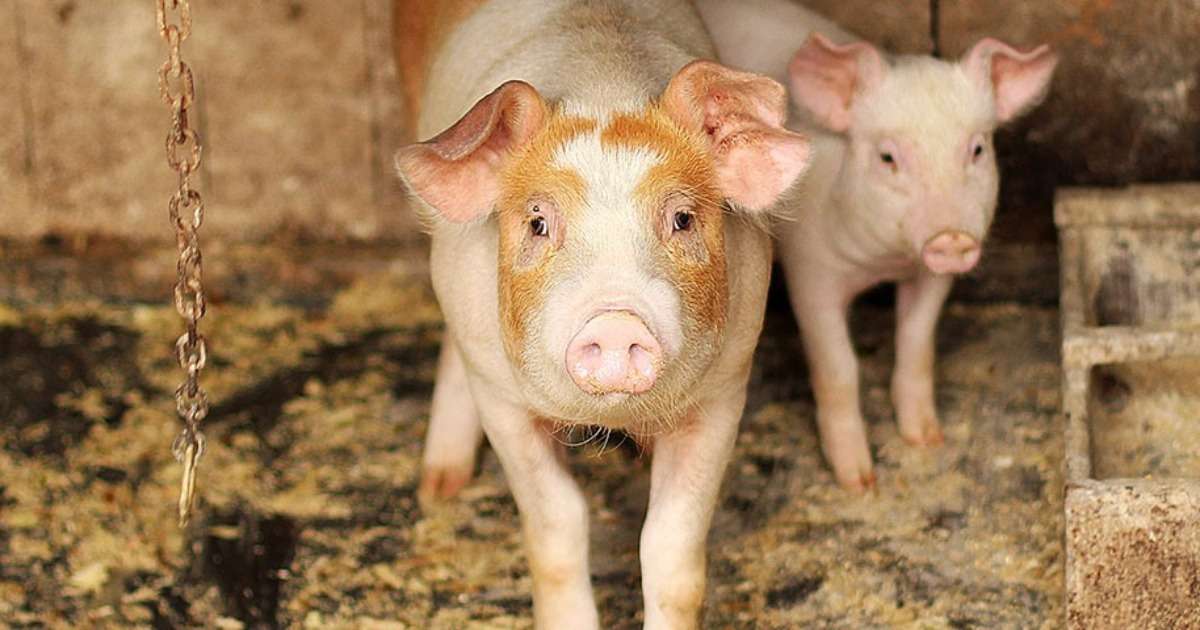
How to measure emotions in pigs
A commonly used assay for assessment of fear in animals is the novel environment test.In this test, an animal is placed in an arena for a particular time period and behaviors are scored.

6 things you must consider to improve your open field testing
Here are six recommendations the authors list to improve the translational and predictive value of behavioral readouts.
